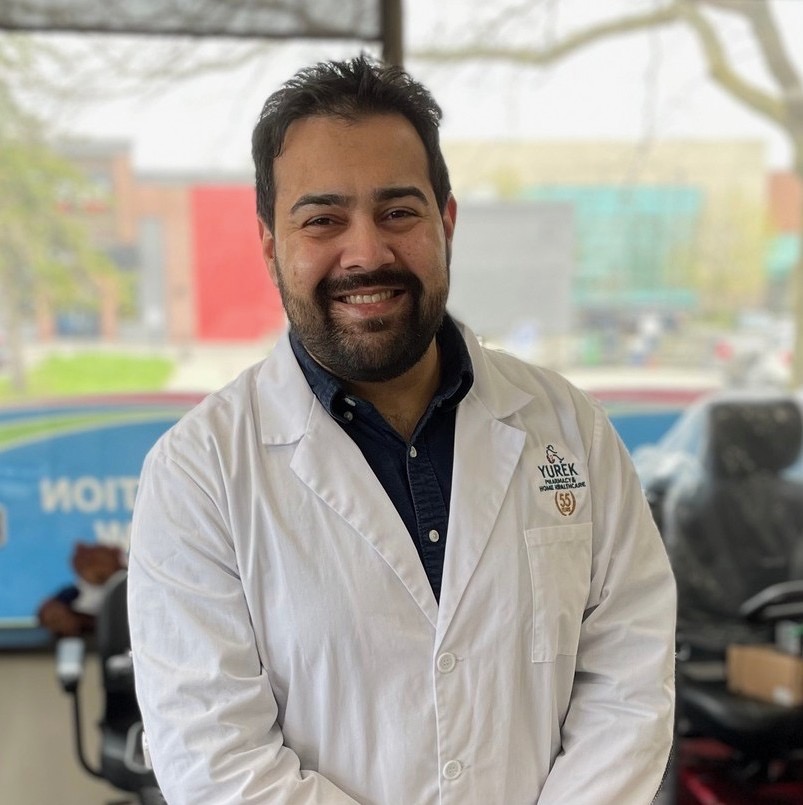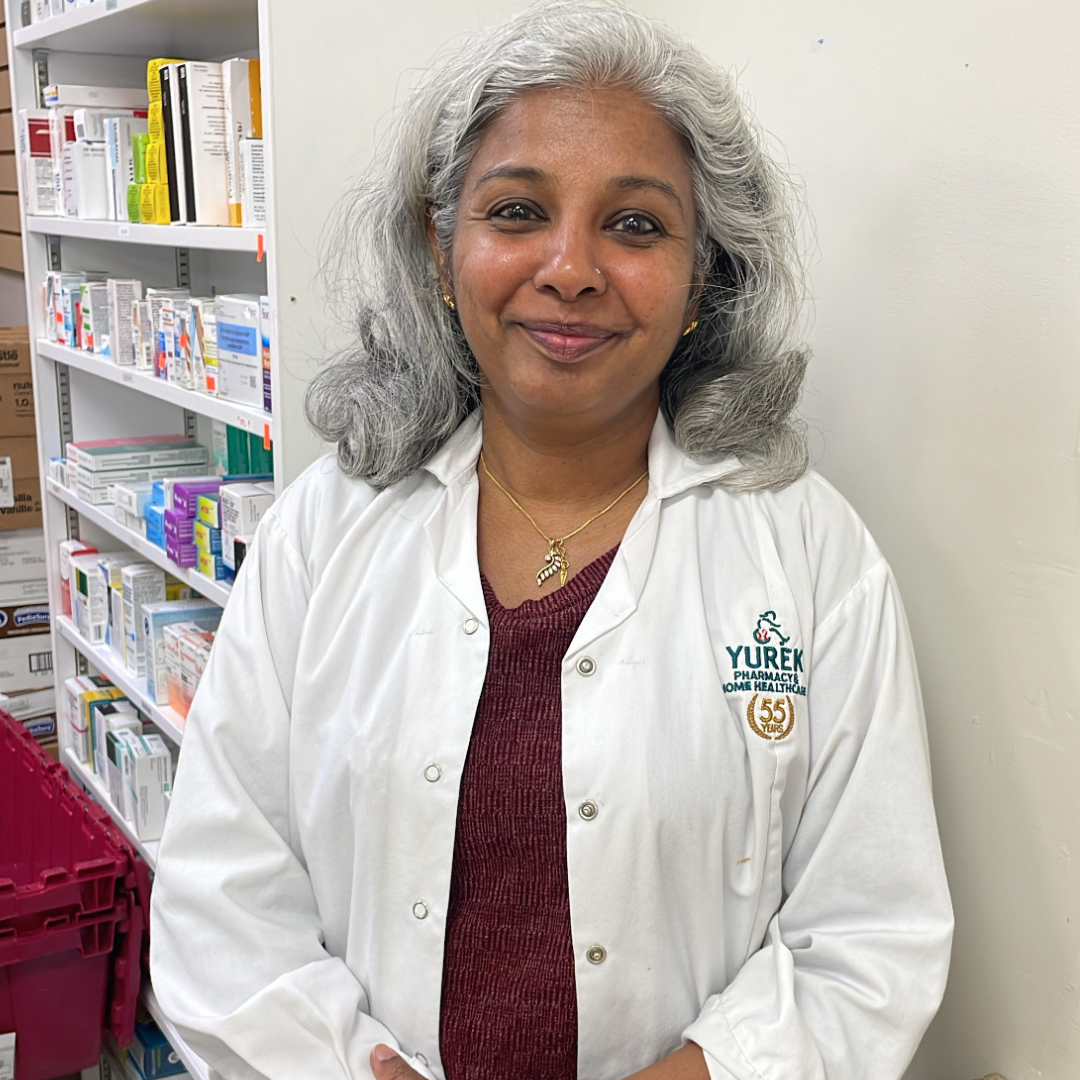“Medicine adds days to life, occupational therapy adds life to days.” – Unknown
By: Vishal Mehta, B.Pharm, RPh
Occupational therapy (OT) is a branch of healthcare that helps to overcome interference with everyday tasks, be it brushing your teeth or getting dressed, going to school, engaging in sports, or doing gardening around the house.
OT can be obtained in a variety of settings, including at home, clinics, hospitals, nursing, or long-term care homes. The therapy is tailored to the client by Occupational Therapists (OTs), who are highly trained, university educated, regulated medical professionals. OT usually involves a course of preventative or corrective action that will help improve productivity and increase quality of life. OTs employ a holistic approach to the treatment of a disability or injury and include accounting for the psychosocial factors affecting the functioning of a person. This may be done by assessing how a client’s current routines and habits related to their participation in daily activities.
Depending on the clients’ goals, OTs will help them live well with their injury or disability. They provide coaching, focusing on individual strengths and exploring how to use these to overcome barriers. In some cases, that would include making physical modifications to one’s workplace
On many occasions, OTs help their clients by finding tools and equipment to help them participate in activities of their choice. These may include things like large grip keyholders, paddle grips for your wheelchair, shower chairs or raised toilet seats to help with bathing. Many of these are available in-home health stores.








